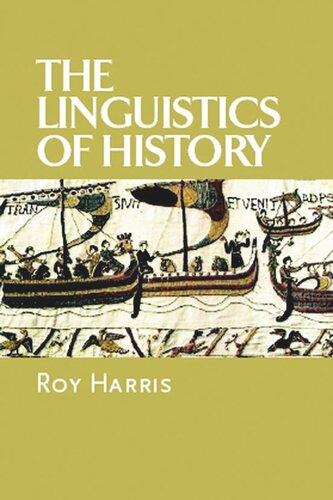

Most ebook files are in PDF format, so you can easily read them using various software such as Foxit Reader or directly on the Google Chrome browser.
Some ebook files are released by publishers in other formats such as .awz, .mobi, .epub, .fb2, etc. You may need to install specific software to read these formats on mobile/PC, such as Calibre.
Please read the tutorial at this link: https://ebookbell.com/faq
We offer FREE conversion to the popular formats you request; however, this may take some time. Therefore, right after payment, please email us, and we will try to provide the service as quickly as possible.
For some exceptional file formats or broken links (if any), please refrain from opening any disputes. Instead, email us first, and we will try to assist within a maximum of 6 hours.
EbookBell Team

4.8
94 reviewsGBS_insertPreviewButtonPopup('ISBN:9780748619306);
The task of the historian would be impossible without verbal resources for dating and describing past events. Historians from Herodotus onwards traditionally relied uncritically on their own native languages (including Greek, Latin and English) to provide all they needed. In so doing, they also took over a traditional Western view of the relationship between language, the world and the passage of time. This determined for them the rational limits of historical knowledge. Their 'histories' could not go beyond these limits without straying into the realms of myth or imagination. Their philosophy of history was circumscribed by their (often unstated) philosophy of language.
This book is the first comprehensive attempt to trace the relationship between Western philosophy of history and Western philosophy of language. It spans the whole development of education from the ancient Greeks down to the present day. It examines the impact on history of modern movements, including structuralist and postmodern approaches, as well as the recent advent of television history.
Features: